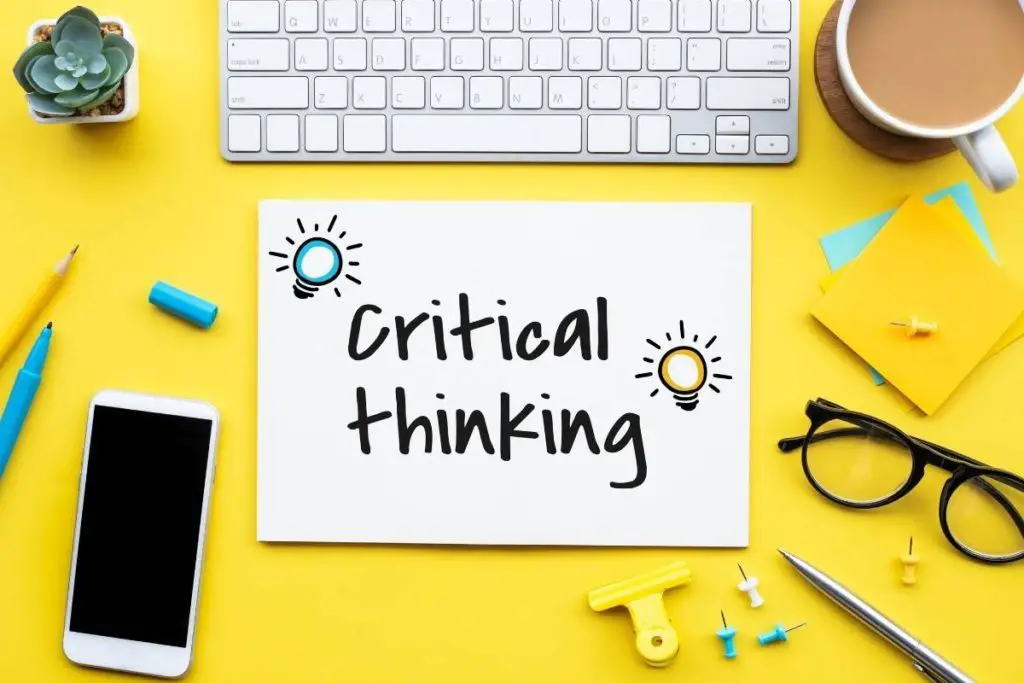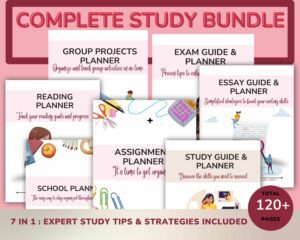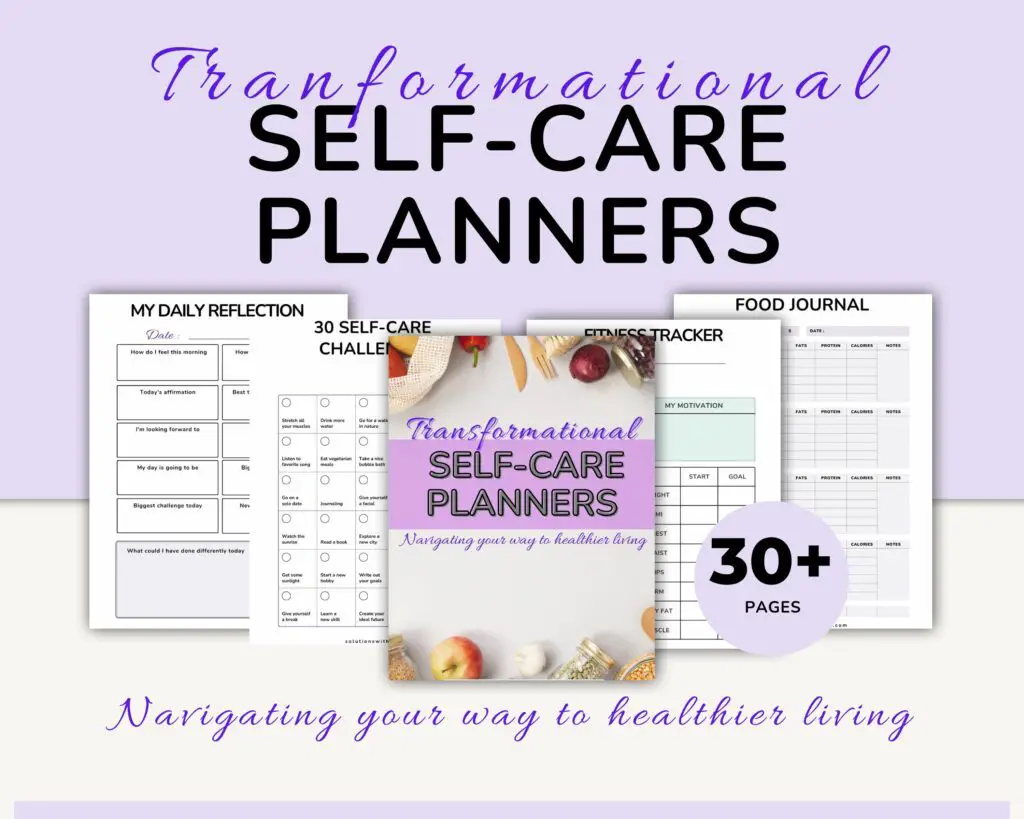Critical thinking is not something that can be taught in an hour or even a week, it takes years of practicing this area of expertise to become good at it.
Do you often find yourself second-guessing your decisions? If so, you’re not alone. But, making choices is a fundamental part of life with some sources claiming that we make as much as 35,000 choices each and everyday. I’m already exhausted just thinking about that. Yet, it can be difficult to improve your critical thinking skills.
However, improving your critical thinking skills will definitely be worth the effort. In fact, thinking critically allows you to more carefully examine your options and make sound decisions based on logic and evidence.
Luckily, there are some simple steps that you can take to substantially boost your critical thinking skills. Make the choice to keep reading to find out.
"It is better to debate a question without settling it than to settle a question without debating it." - Joseph Joubert
- Critical thinking is not something that can be taught in an hour or even a week, it takes years of practicing this area of expertise to become good at it.
- What is critical thinking?
- List of ways to improve your critical thinking skills
- 1. Active reading improves your critical thinking skills
- 2. Look for biases
- 3. Examine the evidence to improve your thinking skills
- 4. Ask yourself if what you are being told makes sense
- 5. Learning about peers improves thinking skills
- 6. Keep an open mind to improve your thinking skills
- 7. Ask questions to improve critical thinking
- 8. Segmenting your time will improve your thinking
- 9. Don't be afraid to step outside of your comfort zone
- 10. Understand that not everything is black or white
- 11. Stay committed to critical thinking
- What's required for good critical thinking?
- What are the benefits of critical thinking?
- Final words on tips to improve critical thinking skills
- How can I develop a positive mindset?
- How to stay motivated to study?
Want the perfect academic resource for your studies?
This all-in-one resource is perfect for any person who wants to take charge of their academic journey.
The bundle includes a total of 7 printables, each equipped with multiple worksheets, trackers, and expert advice.
What is critical thinking?
Critical thinking is a skill set that can be used to determine whether information presented to you is true or false – and to what extent.
Critical thinking involves engaging in reflective and independent thinking. It is the ability to think clearly and rationally, understanding the logical connection between ideas.
Actually, critical thinking helps you adapt to changing circumstances and improves your ability to solve problems. As such, it requires curiosity before acceptance.
For someone to be a critical thinker, they must understand that many ideas that seem credible at first glance may not be entirely so.
List of ways to improve your critical thinking skills
Research proves that critical thinking plays an essential role in problem solving and is increasingly beneficial for enhancing professional competence (Ghazivakili et al., 2014).
In fact, the basics of this area of expertise can prevent you from It can help you understand more about the world around you.
Here are some tips to improve your critical thinking skills:
- Active reading
- Look for biases
- Examine the evidence
- Determine if it makes sense
- Learn about others
- Keep an open mind
- Ask questions
- Segment your time
- Step outside your comfort zone
- Understand that not everything is black and white
- Stay committed
1. Active reading improves your critical thinking skills
One of the best ways to learn how to think critically is by reading actively, any article or book that you choose.
Preferably, make sure it has a lot of information from different sources in order to get a wide range of opinions on one topic.
You also want to read independently and not be influenced by other people because your opinion should not change only because of the opinions of others.
Read also: How to evaluate the accuracy of health information

"Too often we enjoy the comfort of opinion without the comfort of thought." - John F. Kennedy
2. Look for biases
When you are reading, look for bias i.e. does the author have any personal interest in the topic they are writing about?
If so, this could mean that their opinion is clouded by their emotions over their own personal experience or desire to be right.
You should always question what you are learning and remember that just because someone tells you something, it doesn’t mean that they know what they are talking about.
Additionally, try to become more aware of your own thought process and the way you go about solving problems.
Once you’re able to identify your own biases and patterns of thinking, it will be easier to start challenging those assumptions.
3. Examine the evidence to improve your thinking skills
To think critically you need to look for the underlying meaning and ask yourself if what is being said makes sense with other information you already have on this topic.
There should be some type of evidence used to back up claims. If not, the information should be taken with a grain of salt.
If you are reading about something that is common knowledge, consider how the information has evolved over time and if any new revelations have been made recently that could change your current beliefs.
4. Ask yourself if what you are being told makes sense
When dealing with any type of information, you should always ask yourself if what you are being told makes sense.
Don’t just take other people’s word for it and do your own research before believing what someone else has to say about a topic.
There is a lot of false information out there from people who want to get their point across but don’t have the evidence they need to support their claims.
5. Learning about peers improves thinking skills
To be a critical thinker you should always learn about peers. You should be able to see where other people are coming from and look for patterns in their behavior.
Actually, working with others will help you understand how other people think and why they think that way.
Understanding a person’s thinking process will help you better analyze and assess the validity of their claims.
Make sure to seek out diverse perspectives on any given issue. It’s easy to get stuck in your own point of view.
But, hearing other people’s viewpoint can help broaden your perspective and allow you to see things from a different angle.
6. Keep an open mind to improve your thinking skills
No matter what information is presented to you, always keep an open mind.
Notably, this is easier said than done because lots of persons tend to believe what they are told and what they have been exposed to.
In fact, there are a lot of different things that people can tell you about their lives. But, you need to realize that even though they might think what they are saying is true, it could just be the way they see the world.

"It is the mark of an educated mind to be able to entertain a thought without accepting it." - Aristotle
7. Ask questions to improve critical thinking
Anytime that someone is talking to you about a topic, make sure that you ask as many questions as necessary.
The more questions you ask, the more information you’ll get. This way you won’t miss out on any helpful facts – or possible lies.
8. Segmenting your time will improve your thinking
When learning how to think critically there are a lot of things that you need to take into consideration.
As I mentioned before, you need to read between the lines, look at all of the evidence, make sure everything you are told makes sense, etc.
As such, the best thing you can do is segment your time so that you can break down each phase of thinking critically and try not to leave anything out
Be deliberate with this. I promise, it’ll get easier.
9. Don’t be afraid to step outside of your comfort zone
To improve your critical thinking skills, you shouldn’t be afraid of stepping outside of your comfort zone and experimenting with different solutions to problems.
There is often no one “right” answer, so by trying out different approaches
10. Understand that not everything is black or white
To improve your critical thinking skills, you should understand that not everything in the world is black and white. In fact, there are many shades of grey in between.
Doing this will prevent you from being stuck and assuming things are either one or the other.
Read also: 9 Reasons why health research findings differ
11. Stay committed to critical thinking
To improve your critical thinking skills, remain committed to the current situation.
This means focusing on everything that is going on and trying to understand it in a critical way rather than just overlooking things and moving past them.
If you’re not committed, then your mind won’t be able to see all of the different variables that are at play which could lead to you making different decisions.
When you are learning to be a critical thinker you must gain as much knowledge as possible.
This means expanding your horizons and looking for new ways to learn about things.
In fact, the more information that you have on a certain topic or subject, the easier it is to determine whether something is valid or not because you will understand what you are looking at.
Read also: Ultimate Guide To Overcome Limited Health Literacy

"The value of a college education is not the learning of many facts, but the training of the mind to think." - Albert Einstein
What’s required for good critical thinking?
Good critical thinking is supported by a number of key factors, including knowledge, logic and reasoning skills, and the ability to think critically and objectively.
In order to effectively engage in critical thinking, you must have a firm grasp on the relevant facts and current events in your field of study, as well as an aptitude for logical reasoning and recognizing faulty arguments.
Additionally, you must be able to weigh different points of view against each other in order to arrive at an objective assessment of the situation at hand.
Overall, good critical thinking requires:
- Careful planning
- Meaningful analysis
- Attention to detail
- Logic
- Adherence to core principles such as objectivity and accuracy
- Identifying biases and falsehoods
- Use of scientific information and theory
With these key components in place, you can develop your critical thinking skills and become a more effective problem-solver both in your personal life and your professional career.
What are the benefits of critical thinking?
Critical thinking is an important skill for academic success. It involves the ability to think objectively and analytically about a problem or issue, in order to make a well-informed decision.
Here are some of the benefits of critical thinking:
- Critical thinking can help you to identify your own biases and prejudices, and to question them;
- It can help you to spot fallacies and errors in reasoning, and to evaluate arguments
- It can enable you to see both sides of an issue, and to understand different points of view;
it can help you to solve problems more effectively, by breaking them down into smaller parts - It can help you to make better decisions, by taking into account all the relevant facts and information.
Overall, critical thinking is a valuable skill that can lead to improved academic performance and better decision-making abilities. Read more benefits of critical thinking
Final words on tips to improve critical thinking skills
Critical thinking is an important skill that everyone should strive to develop. Luckily, these simple tips will help you improve your critical thinking skills.
What steps will you take to improve your critical thinking skills? Let me know in the comments below.
READY TO TRANSFORM YOUR SELF-CARE ROUTINE?
It’s time to make self-care a delight instead of a chore.
This incredible free resource comes packed with features for tracking everything from your daily water intake to how many steps you take.
Related posts
How can I develop a positive mindset?
It’s no secret that having a positive mindset is key to success.
But, how can we go about developing one? In this post, we’ll discuss some tips for building a more positive outlook on life.
Whether you’re dealing with struggles or just looking to improve your daily routine, these tips can help.
How to stay motivated to study?
Are you finding it difficult to stay motivated while you’re studying? It can be tough to keep your focus when there are so many distractions around.
But with a few simple tricks, you can make the process easier and more enjoyable.
In this post, I’ll discuss some of the best ways to stay motivated while you’re hitting the books.
Read on for tips that will help you get in the right frame of mind and stay focused until your work is done. Read more
References
Ghazivakili Z, Norouzi Nia R, Panahi F, Karimi M, Gholsorkhi H, Ahmadi Z. The role of critical thinking skills and learning styles of university students in their academic performance. J Adv Med Educ Prof. 2014 Jul;2(3):95-102.
Lau, J. Y. F. (1968) An Introduction to Critical Thinking and Creativity: Think More, Think Better.
Rushana Greenidge-Horace












Leave a Reply